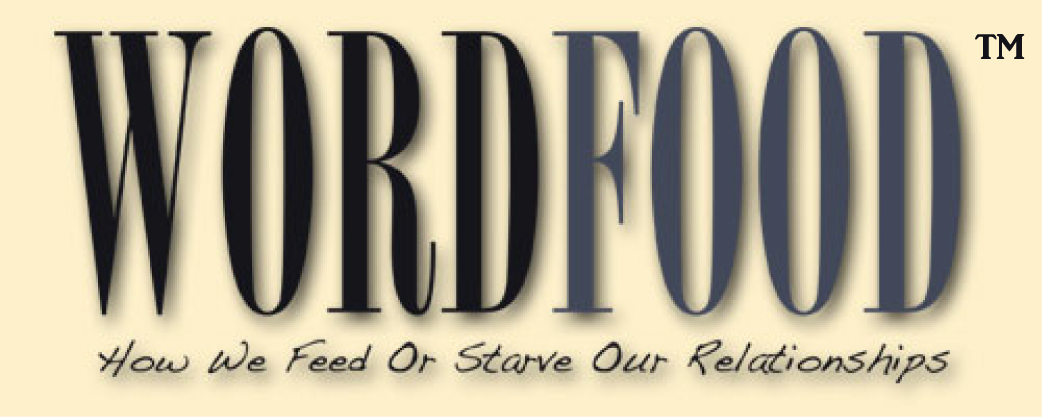Friday the 13th (aptly in this case) I was sitting in my coach’s office feeling extremely hungry and also very tired. I asked if he had something to eat. He offered a banana. One bite later I was tossing it up in his toilet, and about thirty seconds after that, he was kicking me out the door to go to the ER.
After seven hours, a CAT scan, blood work and a whole lot of IV fluids later, I got word from the nurse that while I didn’t exactly have brain damage or was carrying any African nasties in my system as a result of my recent five weeks adventuring around three countries on that continent, I did in fact have post concussion syndrome, if not a full blown concussion. I had to go home and lie down. A lot. No work, no television, no movies, no nothing, for as long as it took for the fog to lift, my balance to return, and the symptoms to lift. If they would.
The second week of my time in Africa I’d hurtled over the Nile River in Class V rapids armed with a safety helmet- however, the boat that pounded me in the face missed the helmet and cracked my cheek instead, giving me a lovely black eye and slamming my head sideways. That was three minutes into our day long trip. That very large raft hit me five more times going down the river, which was actually a lot of fun, full of adrenaline, but also a lot of bruises. I learned two things: first, I prefer kayaking, in which your boat doesn’t rise up and wallop you on the coconut, and second, I don’t need the ego satisfaction of ever doing that again.
Three days later some very large bushes dragged me off my horse and onto concrete hard clay in a small village in Uganda, I was again helmeted, but I hit head first and I stood, fell again, as much due to the birds taking up residence in my brain pan as the branches littered on the ground. My trip was only half over. I managed on adrenaline til I got home. Then the double vision, the unpredictable anger and irritation, the imbalance began. Anyone who’s ever had a TBI can relate, those who have had several, as I have, really know what I’m talking about here. You know that your faculties-mental, physical, emotional- are compromised, you know they exist, but you can’t access them. They are behind a locked door. It’s intensely frustrating.You aren’t who you were, and you know it.
As a service disabled veteran, I often give seminars and speeches for vets who want to start businesses or sell to big companies. I’ve worked with disabled vets in many contexts. This experience has been in many ways a true gift- no fun, trust me- but as I work my way back to full competence, I’ve had a chance to walk in the boots of men and women who may never have full competence. Whose TBI as a result of their service may have permanently robbed them. In the past, I may have thought I understood or had empathy. Today, after weeks of having to sleep all day on my couch to let my brain heal, letting days and weeks go by while my brain chooses to repair itself – or not- there is a completely different appreciation of, and love for, those men and women. I’ve been silent for good reason.
My injuries came of my own choice, my own doing. But my experience has given me a very small window into what that life might be like. TBI is serious for anyone who’s had it, but I’m speaking for my family, my veteran family.
Until we’ve had a chance to really understand the price our veterans have paid, we cannot say thank you enough, folks. I say this in particular for my fellow Vietnam vets who failed to get the care they needed when they needed it, and for those coming home now. Let’s pay attention. Because they don’t always have the words when they need them, and now I really do understand why. The words don’t always come because we can’t form them. They’re locked away. Now I know what that means.

